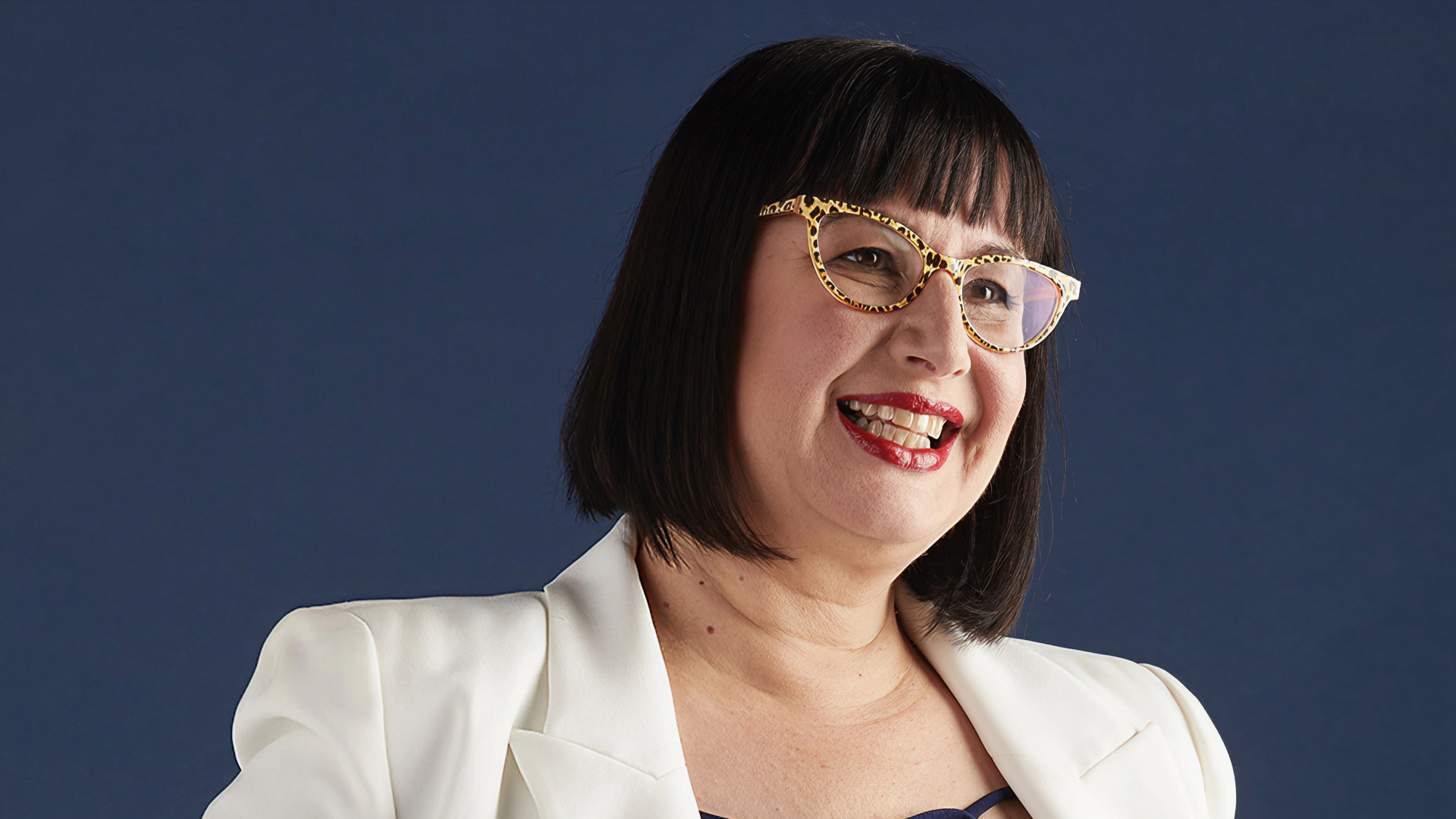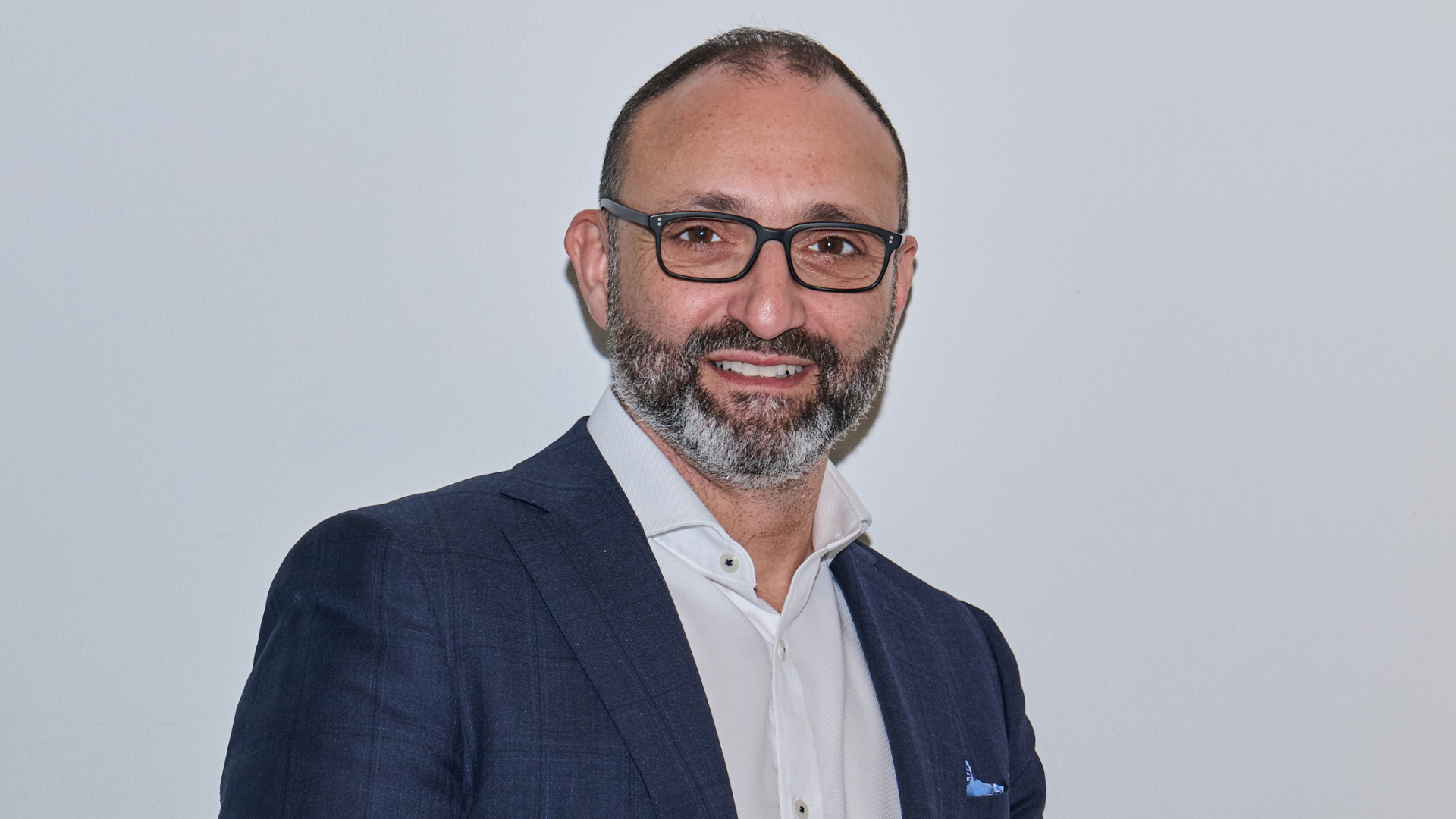6 steps to avoid looking rich and going broke
A few months ago, I caught up with a friend close to my age (let’s just say, edging toward 40). We’ve always had very different views about money. In economics parlance, I’ve always leaned toward prudent surpluses to enjoy tomorrow, while they preferred running budget deficits to live for today.
Multiple international trips every year. A new outfit for every occasion. Friday nights at the best restaurants. Even a car worth a house deposit. On Instagram, they looked like the envy of the world... though the inconvenient truth of debt-fuelled lifestyles never makes the feed.
Then life happened.
Interest rates soared in 2022, the balance-transfer promotional period ended, the uninsured dog needed an emergency $20,000 surgery, and the rent went up 20%. Suddenly, the lifestyle that once looked effortless came crashing down. Assets were fire-sold, investments liquidated at a loss, and bigger anxieties emerged - retirement, housing, even starting a family.
It’s a story I’ve seen more than once. Friends and colleagues with strong incomes but no assets, no savings plan, and no safety net. When the music stops, the lifestyle unravels almost overnight.
You can’t take a job and a high income for granted. At some point, your portfolio needs to do the work. Building good financial habits is what lets you live well today and tomorrow - and because pressures differ for men and women, it’s worth hearing both perspectives.
So I spoke to Charlie Viola, Managing Director of Viola Private Wealth, and Julia Newbould, co-author of The Joy of Money, for their top tips on building a financially successful life - whether for yourself, a friend who needs the nudge, or your kids.
#1 - If you don’t save, you will lose

Saving is the foundation of financial freedom.
Newbould says a simple rule underpins all good money habits: spend some, save some. A useful starting point is the 50/30/20 framework - half to needs, 30% to wants, 20% to savings and investments. The exact ratio isn’t as important as building the habit.
“Whatever you earn, follow this simple rule and you should always be ahead - and moving ahead well if you then invest what you are saving,” she says.
Charlie Viola agrees that the basics matter most. For those who won’t inherit wealth, independence comes from decades of discipline.
“There is just no silver bullet to any of this. For most of us, who can’t rely on inheritances or handouts, we need to use our working lives to get to the point where we have sufficient passive income and sufficient capital to make work optional.”
2. Rent forever, regret forever

Housing is the anchor of financial security.
For Viola, sorting it out early in life gives people the best chance of building wealth later. He’s seen time and again that those who get clear of non-deductible debt - especially the family home - tend to progress faster.
“Very few people are comfortable with rent-vesting, even if it does mathematically work out better. The psychology of home ownership, combined with the security of stable housing costs, makes it a better fit for most,” he says.
Viola also warns against overestimating the benefits of downsizing in later life. Moving from a $10 million house to a $2 million one is rarely painless. Lifestyle expectations don’t reset that easily, and transaction costs are high. His advice: be realistic, and don’t assume downsizing will fund retirement.
The formula is simple: get into your preferred housing, pay down the debt, and then move on to non-housing wealth creation.
3. Cash rots, investing compounds
Leaving money in the bank may feel safe, but over time, it means going backwards.
“Keeping money in the bank at low interest or in a safe, or in an asset that isn’t appreciating will mean that although you are saving and moving ahead - you won’t be moving ahead as quickly as inflation and in real terms you will be going backwards,” warns Newbould.
Her solution is to invest in appreciating assets - shares, property, or diversified funds - and spread risk through diversification.
Viola takes a similar line, adding that wealthy people don’t get there by chasing 10-baggers. It’s about steadily accumulating good-quality, income-producing assets.
“Unless you are super lucky, you won’t constantly pick assets that deliver 5–10x returns. You just won’t. So accumulate good quality, normal assets in a diverse portfolio. Look to generate a strong level of passive income that makes you feel comfortable that work is optional,” he says.
“We manage close on $3 billion, and our most used discussion is - let’s buy normal quality stuff that puts money in your bank account, as that will be the key to actually retiring and having the life you want.”
On previous Buy Hold Sell episodes, he’s pointed to ETFs such as the SPDR S&P/ASX 200 ETF (ASX: STW) and iShares S&P 500 ETF (ASX: IVV) as bottom-drawer holdings, while active funds like Hyperion Global Growth Fund (ASX: HYGG) and Aoris International Fund (Hedged) (ASX: DAOR) can generate potential outperformance.

4. Ignorance is expensive
Awareness is another recurring theme. And it’s not just about knowing your own finances - you also need to know what your partner is doing.
“It’s important at all life stages to know what you have and where it is. That means tracking your super balance, reviewing your assets, and guarding against risks from scammers - or even a partner making poor financial decisions," Newbould says.
She adds that wealth isn’t only about earning more, it’s about protecting what you already have.
Don’t take on risky assets unless you have the time or other investments to offset potential losses. Newbould says she's seen too many people nearing retirement panic and leap into high-risk strategies to make up for a shortfall - moves that usually end badly.
"The closer you are to retirement, the less able you are to make up for losses," says Newbould.
5. Super is your secret weapon
Superannuation is central to both experts’ strategies.
Viola says it should be treated as a “genuine set of investments,” not a side account to check in your 50s. For 2025–26, the concessional contribution cap is $30,000, but those with balances under $500,000 can carry forward unused space from the past five years - allowing larger contributions while still getting concessional tax treatment.
“It’s such an important structure and one that creates enforced savings in a tax-effective way. Make the maximum concessional along the way - even if it deprives you of a bit of income throughout your life,” he says.
6. Women, don’t let money sideline you
Newbould notes that too many women are put off because financial language feels inaccessible. “Don’t be intimidated by the jargon,” she says. “It’s often just complicating simple concepts.”
She encourages women to make the most of their working years, especially if they plan to step away for children or caring duties. That means engaging with super early, using online calculators to check if the balance will be enough, and making sure both partners know what assets exist in the household.
Strategies such as contribution-splitting can also help ensure women don’t lose out financially for having a baby.
Her final piece of advice: don’t be afraid to seek help.
“Ask questions, do research, read, listen to podcasts, and seek advice from a professional to help with anything you’re unsure of," she says.
A lifestyle that lasts

Both experts emphasise that building a great lifestyle isn’t about short-term spending sprees or chasing outsized returns. It’s about consistent habits, smart use of structures like super, and a realistic balance between today’s enjoyment and tomorrow’s security.
Viola also cautions that lifestyle expectations rarely reset as easily as people assume. Downsizing is often harder than it looks, and luxuries are fine as long as you recognise the trade-offs.
“There’s nothing wrong with buying a 911, or wanting the $10 million house, as long as you know it’s a choice. The outcome of that choice is that you will work longer, or need to do something else later on," he says.
He adds: “Capital beats labour every day of the week, so accumulating assets and using your balance sheet is very, very important.”

And as Newbould reminds us:
“Early is best, but it’s never too late. Don’t let mistakes or apathy in the past stop you from acting now. As Nike says, ‘just do it.’”
As for that friend? The highlight reel faded, but the debts remained. It’s a quiet lesson that a life built on appearances rarely brings lasting comfort.
1 topic

